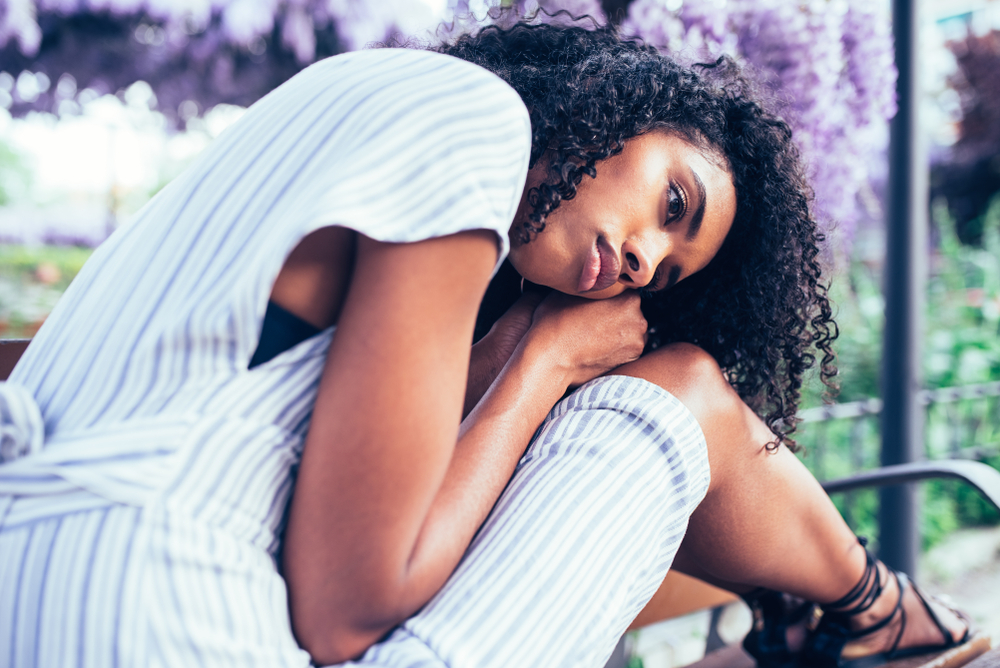Recent scientific studies have revealed that lavender, a purple flowering plant used in traditional medicine for centuries, might rival modern anxiety medications in effectiveness – without the common side effects that often accompany prescription drugs. This natural approach to anxiety management has gained attention from both medical professionals and researchers worldwide.
The science behind lavender’s calming power
Research published in the Journal of Clinical Psychopharmacology shows that lavender’s active compounds, linalool and linalyl acetate, interact directly with the brain’s neurotransmitters. These natural compounds help reduce central nervous system activity, promoting relaxation without the drowsiness common to traditional anti-anxiety medications.
Clinical studies with patients suffering from generalized anxiety disorder demonstrate significant improvement in symptoms through regular lavender use. The natural compounds work by modulating specific neural pathways associated with anxiety response, offering a gentler approach to stress management.
Natural advantages over pharmaceuticals
Unlike prescription medications, lavender offers several distinct benefits:
- No prescription needed: Accessible without medical authorization
- Cost-effective: A bottle of essential oil can last months
- No dependency risks: Users don’t develop tolerance
- Immediate effects: Relief often begins within minutes
- Multiple use options: Can be inhaled, diffused, or applied topically
- Fewer side effects: Minimal risk of adverse reactions
- Long-term safety: Centuries of documented use
Clinical evidence and research
Recent clinical trials demonstrate impressive results in anxiety management:
- 70% of participants reported reduced anxiety levels within the first week
- Sleep quality improved in 65% of cases studied
- Stress markers decreased significantly within 15 minutes of exposure
- No significant side effects reported in long-term use studies
- Cortisol levels showed measurable reduction after regular use
- Participants reported improved focus and concentration
- Anxiety symptoms decreased without cognitive impairment
Integration methods
Health care professionals recommend several approaches for using lavender effectively:
Aromatherapy diffusion
- Use 3-4 drops in a diffuser
- Run for 30 minutes before bedtime
- Place in bedroom or office for ambient effect
- Clean diffuser regularly for optimal performance
- Maintain proper room ventilation
Direct inhalation
- Apply 1-2 drops on a tissue
- Inhale deeply for 2-3 minutes
- Repeat as needed throughout day
- Carry portable inhaler for travel
- Store properly to maintain potency
Topical application
- Mix with carrier oil (1:10 ratio)
- Apply to pulse points
- Use before stressful situations
- Perform patch test first
- Reapply every 4-6 hours as needed
Beyond anxiety relief
Research indicates lavender’s benefits extend further:
- Sleep improvement: Enhanced deep sleep patterns and reduced nighttime wakings
- Cognitive function: Better concentration and mental clarity throughout the day
- Physical relaxation: Reduced muscle tension and physical stress symptoms
- Stress reduction: Lower cortisol levels and improved stress response
- Mood enhancement: Improved emotional stability and reduced irritability
- Overall wellbeing: Better quality of life scores in clinical studies
Implementation strategies
For those interested in trying lavender as an anxiety management tool:
- Start with high-quality essential oil from reputable sources
- Begin with small amounts to test sensitivity and response
- Maintain consistent daily usage for optimal results
- Document effects and adjust dosage accordingly
- Combine with other stress-reduction techniques like meditation
- Create a dedicated relaxation routine incorporating lavender
- Monitor progress and adjust methods as needed
Precautions and considerations
While generally safe, users should note these important factors:
- Perform patch tests before any topical use
- Consult health care providers if taking medications
- Use only therapeutic-grade essential oils
- Avoid during certain medical procedures
- Store properly to maintain potency
- Consider individual sensitivity levels
- Monitor for any adverse reactions
Future perspectives
Ongoing research continues to explore lavender’s potential in mental health:
- Optimal dosage levels for different anxiety types
- Long-term effectiveness studies
- Specific anxiety disorder applications
- Combination therapy approaches
- Preventive benefits investigation
- Mechanism of action studies
- Standardization of treatment protocols
Making the transition
For those considering lavender for anxiety management:
- Discuss with health care providers about integration
- Start gradually with one method of application
- Monitor results systematically
- Maintain consistent use patterns
- Combine with healthy lifestyle practices
- Keep detailed records of effects
- Adjust methods based on personal response
While not a complete replacement for severe anxiety treatment, lavender offers a promising natural option for many suffering from mild to moderate anxiety. Its centuries-old use, combined with modern scientific validation, suggests this purple flower might indeed be nature’s answer to anxiety relief. The growing body of research continues to support its role in mental health management, making it an increasingly viable option for those seeking natural alternatives to traditional medications.
This story was created using AI technology.













